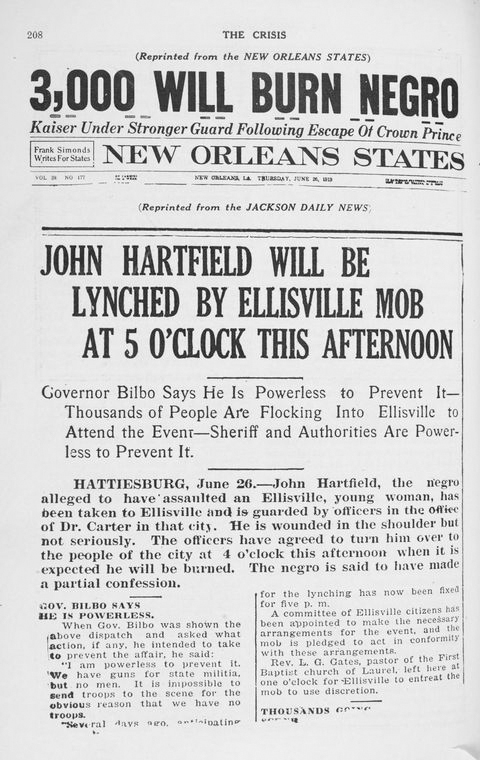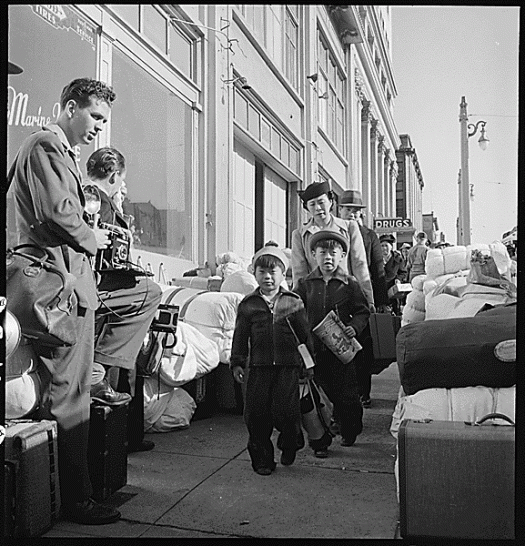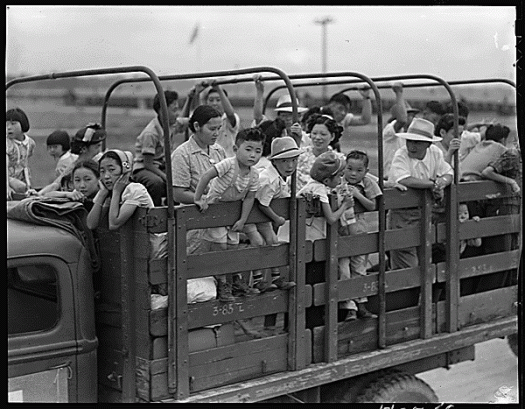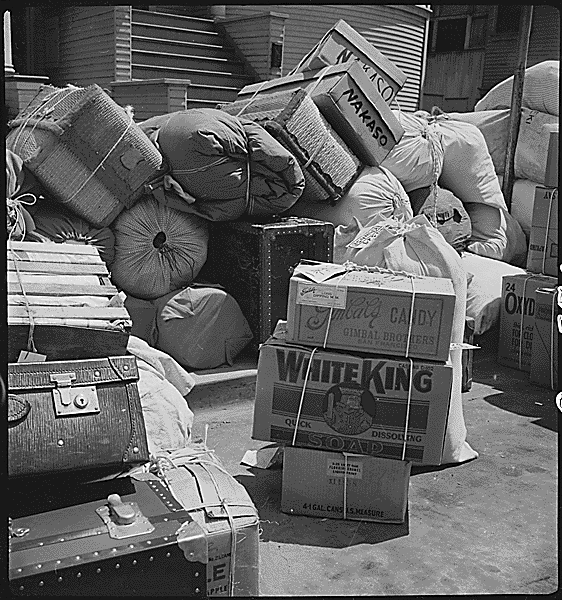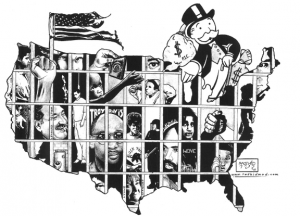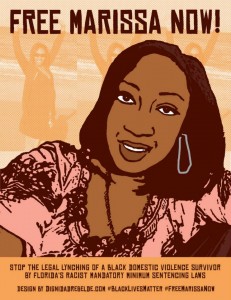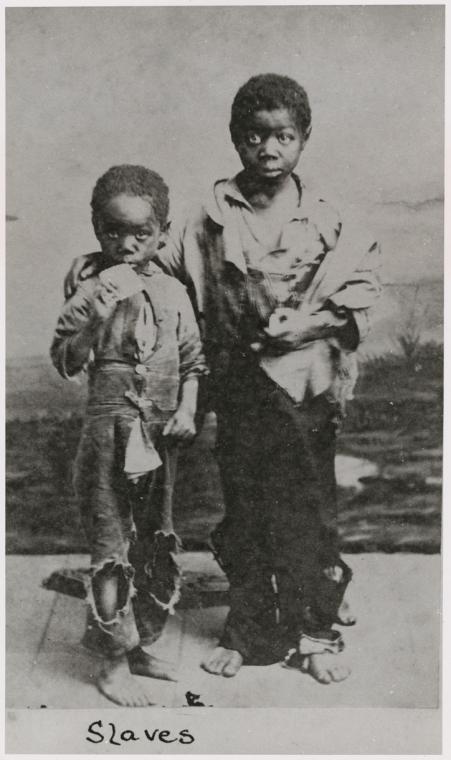A long time ago now, I knew a girl on the verge of becoming a woman. People sometimes say that certain smiles can light up rooms. In this girl’s case, it was true. She radiated light.
Then she died.
She was killed actually.
I was stunned. I didn’t know what to feel or how to be. The fact that I knew her killer made things all the more difficult. The fact that I loved him too was devastating. I’ve had different jobs in my life but my work has always been the same. I’ve been doggedly and consistently dedicated to understanding and then transforming violence. That work pre-dates the death of the girl I loved and it continues in her memory.

Marissa Alexander
I’ve been thinking a lot about
Marissa Alexander over the past few months. In January 2012, when I first heard of her case, I created a google alert to keep track of developments. I wanted to write something about Marissa and her plight but I couldn’t bring myself to it. It wasn’t until May 2012 that I finally briefly addressed her case
here.
Her story hits too close to home and I haven’t wanted to write. I’ve been terrorized before. I’ve been scared out of my mind. I understand something about wanting and threatening to kill someone who has hurt you. I know what it feels like to be a black woman fearing that you might not survive. And so, I have avoided writing very much about Marissa or her case. Sometimes we need to practice self-care. It’s not always safe to implicate oneself through sharing personal stories. This is especially true if you are black and a woman living in this culture. We are not safe here. Many want us dead.
I’ve been pondering, like Audre did, “the mysterious connection between whom we murder and whom we mourn.” I’ve been thinking about the systematic violent erasure of the experiences of black women in this country. I’ve been considering the myriad daily soul-murders that we experience. I’ve been thinking about our premature deaths and our increasing cancers and autoimmune diseases which are physical manifestations of stress and struggle. I’ve been wondering if more men might begin to see anti gender-based violence as their primary site of activism. I’ve been asking what’s taking so long.
I’ve been thinking about solidarity with Marissa…
October is domestic violence awareness month and it is the perfect time to involve others (particularly men) in thinking about Marissa too. It’s the right time to develop new co-strugglers to transform violence. So I am co-organizing (with Esther Armah) a campaign titled “#31forMARISSA.”
#31forMARISSA is a month long national letter writing campaign starting October 1 2013, where ALL MEN – black, brown, white, asian, native – write a letter or a note, or a check or a quote in support of MARISSA ALEXANDER as part of October’s Domestic Violence Awareness Month. On September 25th, a judge ordered a new trial for Marissa. The state of Florida has until October 16 to refile charges against her. However, prosecutor Angela Corey has already suggested that she plans to do so. We want to keep the spotlight on Marissa’s case throughout October particularly since it is Domestic Violence Awareness month.
For each day throughout October, we are inviting MEN ACROSS THE COUNTRY to write in support of MARISSA. The letters should highlight the experiences of women in their own circles who are survivors of domestic violence, they should talk about mens’ role, actions, feelings on those experiences.
In addition, #31forMARISSA asks men to invite, encourage, challenge other men to more actively engage in the domestic violence movement, to raise their voices and become active co-strugglers. Organizations like ‘Brothers Writing to Live’, ‘A Call To Men’ have already submitted their letters. Letters have also been written by men who are bishops, activists, scholars, artists. However, we invite more men, everywhere, to submit your letters, notes, and checks as well.
#31forMARISSA is a multi-media campaign; it has online, snail mail, social media components..
ONLINE: All the letters will be uploaded onto Tumblr – theSWAGspot, an emotional justice community of conversations with men for men. Using tumblr means the letters can be read by men all over the country.
SNAIL MAIL: Hard copies of the letters will also be gathered and sent to Marissa. Donations to her new trial can be made HERE. Quotes from the letters will be published daily throughout the October campaign by the campaign media partner, Ebony.com.
SOCIAL MEDIA: #31forMARISSA will hold three TWITTER CHATS throughout October, targeting and engaging men, quoting from the letters, exploring their content, why they shared, how they would move forward, engaging them to actively connect to the domestic violence movement, and exploring how they can engage and challenge other men.
HOW CAN YOU GET INVOLVED:
1: Men can write a letter in support of Marissa (not a comparison with Zimmerman or Trayvon, but in support of Marissa), you may use examples of violence towards women within your own circle, family, mama, sister, friend, niece to illustrate that support. This is about lifting her up, showing her she is not alone, that men are actively supporting her, so it would come from heart and spirit. We’re not asking for a history of society’s treatment of violence towards black women, nor about the over incarceration of people of color, no mention of the prison industrial complex – what we’re asking is for some love, compassion, some shared experience, some understanding. This also means men who may have been witness to violence suffered by women in their circle (family, mama, sister, friend, niece, spouse, daughter, etc) have an opportunity to share that story as an example of awareness. If a quote better illustrates what you want to say, use that, or a poem, use that. You may sign the letters as you choose.
2: Men can reach out to FIVE other men to write a letter too. The reach out needs to be a delivery of that letter to theSWAGspot in order that the campaign moves and keeps moving, growing expanding. At least one new letter per day will be uploaded to theSWAGspot for men all across the country to read, share, tweet, exchange, comment on, engage with.
3: Women can share information about this campaign with men in their lives and encourage them to participate. We would welcome this support and be grateful for the outreach help. We want to collect dozens of letters, notes, and quotes.
IMPORTANT: Please email all letters to [email protected] throughout October but the sooner we get letters the better.
Here are the details re writing your letter:-
1. Write a letter, a note, a quote to Marissa
2. You may want to share, include or articulate the experience of violence of a woman or women you know (mamas, sisters, friends, etc) or as sons, brothers, friends) by their partners within your circle
3. It is a letter from heart, soul, spirit – it is not about the law, politics or history, the over incarceration of people of color (there will be much coverage across those issues during October and we’ll include a piece on this on theSWAGspot), there has been nothing like this campaign with letters written by men from heart and soul)
4. The aim is also for men to find their own voice, elevate their emotional consciousness, become more actively engaged in the campaign to end violence against women and girls and to engage a nation of men in active pursuit of freedom for a black woman.
5. You may sign the letter as you choose.
6. Send your letter to [email protected]
7. Please also consider making a donation to cover the legal fees for a new trial HERE.
I hope that many of you who are reading this will support the campaign. For those who are moved to do something beyond letter-writing or donating to Marissa’s legal fund, everyone is invited to host a teach-in about her case during the month of October. If you are seeking resources for this, I facilitated a teach-in on Marissa’s birthday (9/14) and posted my curriculum here for use by others who might be interested.
The #31forMARISSA Campaign is co-sponsored by The Chicago Taskforce on Violence against Girls and Young Women, Emotional Justice Unplugged, and Free Marissa Now!.
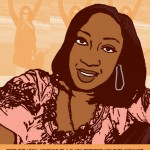 I had initially thought to collect letters from black women to Marissa Alexander to post in October for Domestic Violence Awareness Month. I asked several amazing black women to contribute before the project eventually shifted focus to became #31forMARISSA, a campaign to engage men in addressing domestic violence and supporting Marissa.
I had initially thought to collect letters from black women to Marissa Alexander to post in October for Domestic Violence Awareness Month. I asked several amazing black women to contribute before the project eventually shifted focus to became #31forMARISSA, a campaign to engage men in addressing domestic violence and supporting Marissa.